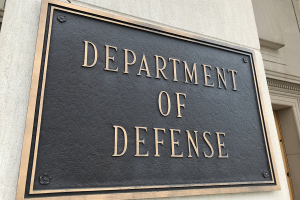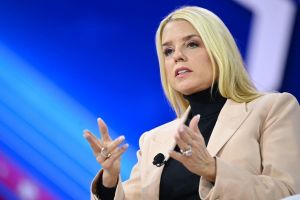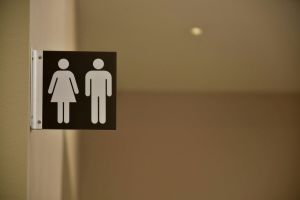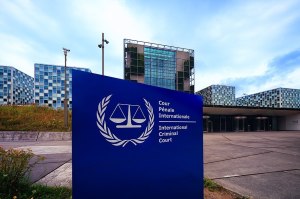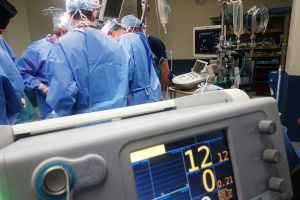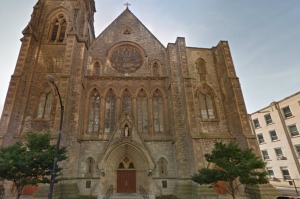Attorneys Attempt to Bring Prayer Back in School
Could prayer in schools be making a comeback?
Two attorneys in California say it could.
Late last week, a legal opinion letter was sent to San Diego's Board of Education by two attorneys on behalf of Pacific Justice Institute (PJI) – a legal group that protects religious freedom. In the letter, Pete Lepiscopo and former State Sen. Bill Morrow – who recently formed Lepiscopo & Morrow, LLP – argued for prayer rights for Christian and Jewish students in the school system since a group of Muslim students had already been given the right earlier.
Should the district agree, it would be a large victory towards getting prayer back into public education settings, the attorneys say.
"The School District has created the opportunity to return prayer to school," explained Lepiscopo, in a statement. "What can be better than children praying while they are in school?"
Prayer in school has been an increasingly controversial subject over the past years and has mostly disappeared from the public sector to keep the separation of church and state.
Most school districts have become afraid to allow student prayers, because many civil liberties groups, such as the American Civil Liberties Union (ACLU), have filed suits against schools that allegedly promote religion on their campuses. Student-led prayers at graduations have especially been a hot topic this year, and something that Christian litigation groups have been strongly pushing to defend.
Recent victories in favor of free religious speech point to a possible course reversal, however, as several schools have been found innocent in student prayer cases.
The PJI representatives saw an opening when Carver Elementary in San Diego allowed Muslim students to pray, accommodating their need to pray to Mecca five times a day. The Christian lawyers have argued that the same benefits should be offered to Christian and Jewish students or the policy will be discriminatory and against religious equality.
The attorneys are now asking that classrooms be set aside for at least one hour a day, so that other religious students, as well as faculty, can meet their needs for prayer. The time would be during recess as to make it not obligatory.
"Voluntary, student-initiated prayer in schools should not be controversial," said Brad Daucus, president of PJI, in a statement. "The federal courts have held that schools do not endorse everything they fail to censor, and this could be a terrific opportunity for a whole community to recognize the importance of faith in our youth, without government involvement or interference."
Also in the letter's provisions, Lepiscopo and Morrow are requesting that clergy be allowed to come onto school grounds to lead the prayers as well as speakers be provided for religious music.
PJI attorneys say they believe the request will pass and have begun training local pastors on how to encourage children at school while still staying within constitutional boundaries.
















